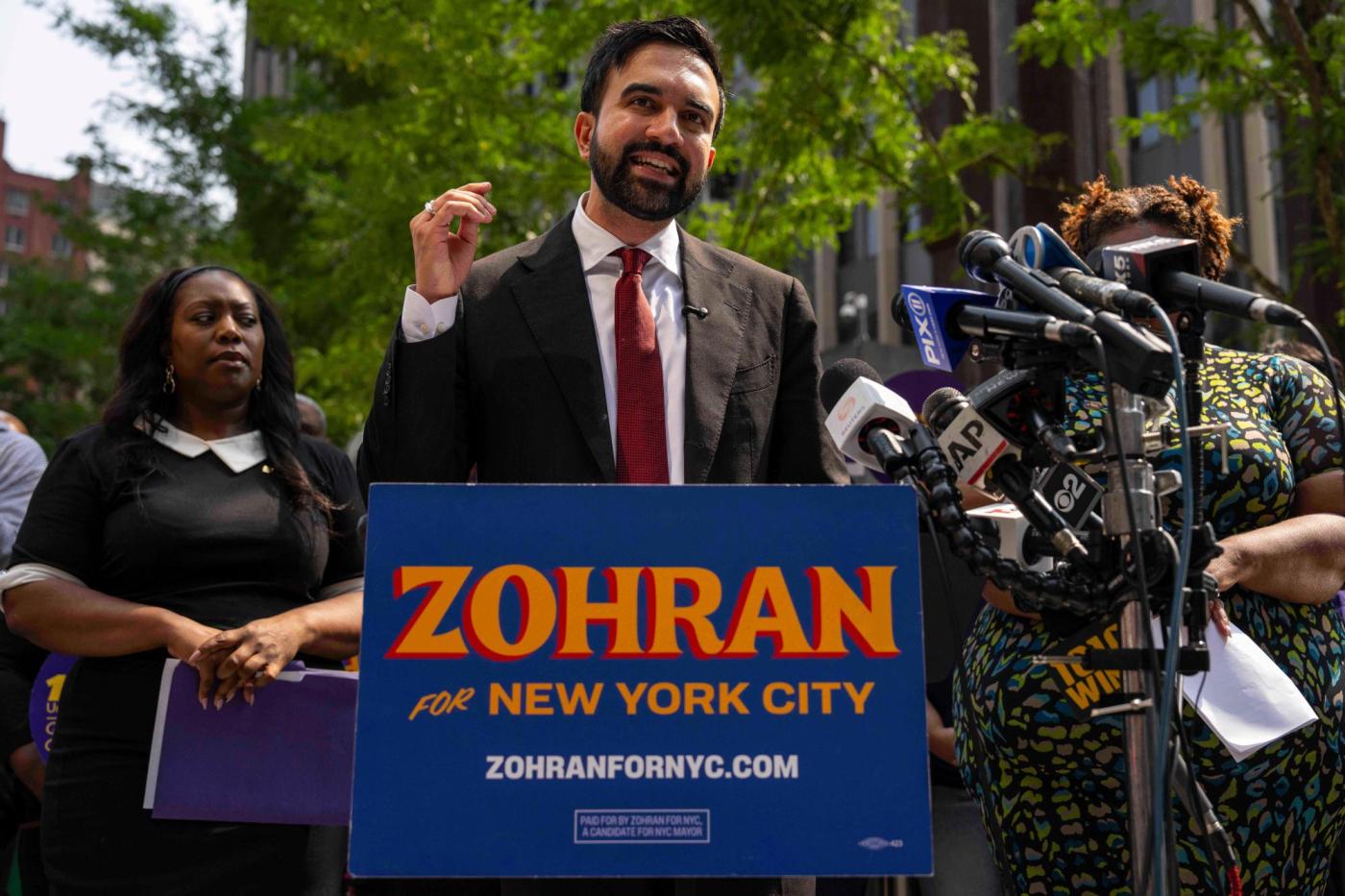A recent discussion in U.S. political circles has reignited interest in socialism, particularly among younger voters. According to polling data, approximately 60% of Americans aged 18-29 express a favorable view of socialism, prompting reflections on its historical implications and future potential. This renewed interest comes amid a larger cultural shift, where figures like Zohran Mamdani, a Democratic candidate for mayor of New York City, are attracting attention for their progressive platforms.
The roots of socialism can be traced back to the French Revolution, and it has evolved through various iterations, including communism and social democracy. In his book, Heaven on Earth, author Joshua Muravchik argues that socialism has historically attempted to replace religion with a doctrine based on science. Despite numerous attempts to establish societies founded on socialist principles, its failure has often resulted in significant human suffering. Muravchik notes that after decades of setbacks, a new wave of advocates is emerging, seemingly unaware of past failures.
The conversation surrounding socialism has been further fueled by notable commentators like George Will, who suggested that an occasional socialist victory in elections could serve as a learning opportunity for today’s youth. Will’s perspective resonates with some who believe that experiencing the practical implications of socialist policies could provide insights absent from current educational curricula.
Filko argues that while the allure of socialism may appear appealing to many young people, there is a concerning lack of understanding regarding its historical context and economic realities. He posits that socialism often fails because it clashes with inherent human motivations, as individuals are naturally inclined to act in their own interests. This fundamental aspect of human nature raises questions about the viability of enforced collectivism, which many socialist frameworks require.
Critics of socialism, including Filko, maintain that the moral imperative often associated with self-sacrifice in socialist ideologies overlooks the importance of personal interests. They argue that ethical behavior should focus on how individuals pursue their interests without infringing on the rights of others. This perspective suggests that a balance between personal and collective interests is crucial for any sustainable economic system.
Furthermore, the debate extends into the realm of economic systems, where Filko highlights the distinctions between socialism and fascism. He contends that while fascism may superficially resemble capitalism, it operates under a different set of principles where government control effectively neutralizes true market competition. This nuanced understanding is crucial as societies grapple with the implications of various economic frameworks.
European economies exemplify a mix of capitalism and social welfare, demonstrating that neither pure capitalism nor pure socialism can adequately address all societal needs. Countries with robust social safety nets, such as those providing Social Security and Medicare in the United States, illustrate how combining elements from both systems can yield positive outcomes.
In conclusion, the resurgence of socialism in American political discourse prompts a critical examination of its principles and implications. As younger generations explore these ideas, it is essential to foster a comprehensive understanding of historical contexts and economic realities. Such knowledge will better equip them to navigate the complexities of modern governance and societal structures. As Joseph Filko notes, educational reforms could play a significant role in shaping informed perspectives on these crucial issues.
